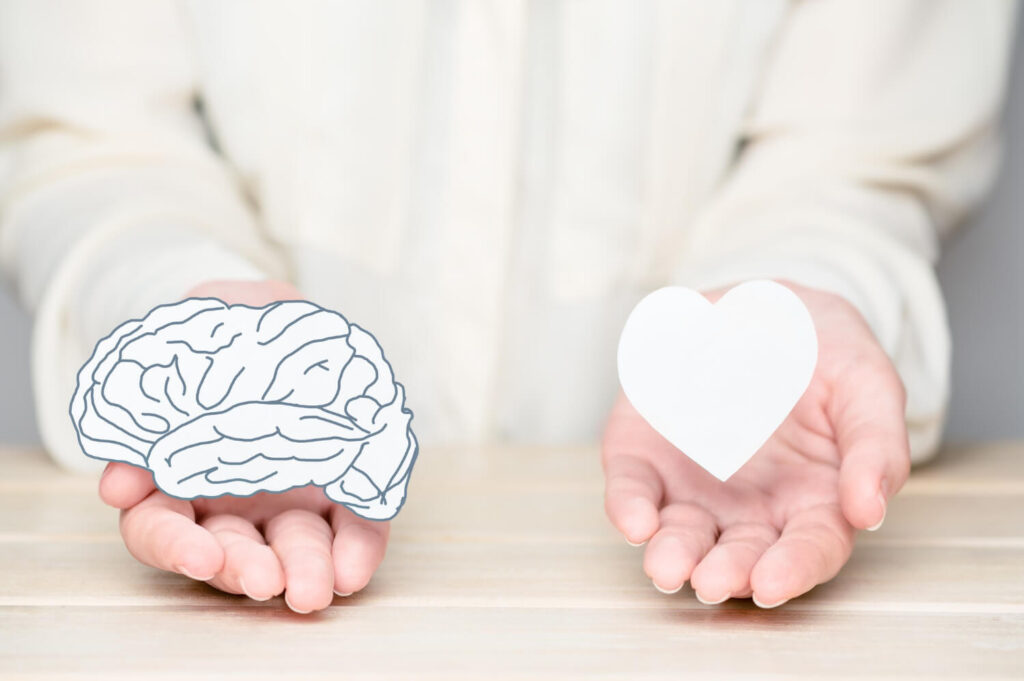Dealing with mental health conditions has been one of the most challenging aspects of one’s health. Aside from the lack of knowledge about it, most people tend to disregard any signs of weaknesses. With such action, the warning signs progress into a bigger problem, such as mental health disorders. Unfortunately, not many people know the aspect of mental health treatment, leading to more complications.
In this article, we’ll cover the different treatment options for mental health. Find the right treatment that aligns with your unique needs and preferences. Let’s begin!
Understanding Mental Health

Mental health refers to our emotional, psychological, and social well-being. It affects how we think, feel, and act, which influences our ability to handle stress, relate to others, and make choices. That’s why, with the occurrence of mental illnesses, everything will be affected.
Our mental health is influenced by various factors, including our genetics, life experiences, and family history of mental health conditions. It is a dynamic and ever-changing aspect of our lives, requiring continuous attention and care.
Mental Conditions
Dealing with mental health conditions can be a complex and challenging journey for many individuals. Ignoring early warning signs or dismissing symptoms can lead to the escalation of mental health disorders. Here are some of the common conditions that may develop:
- depression
- anxiety
- schizophrenia
- bipolar disorder
These are just some of the common conditions, and all of them are detrimental to one’s overall well being. That’s because they have one thing in common, which is to affect the perception of the patients. When that happens, their emotions will be off balance, and at the same time possibly suffer from manic episodes when not handled properly.
Despite the difficulties of having such conditions, patients can still learn to manage or keep them at bay. That’s where seeking help from a professional comes in.
The Role of Healthcare Professionals in Treatment Selection

Consulting with a healthcare professional is invaluable when navigating mental health treatment options. Mental health professionals, such as psychiatrists or therapists, can evaluate your symptoms, provide an accurate diagnosis, and recommend appropriate treatment modalities. They have the expertise to navigate the complexities of mental health and can guide you towards the most suitable treatment plan.
During your consultation, a healthcare professional will take the time to understand your unique circumstances and tailor a treatment plan that addresses your specific needs. They will consider factors such as your symptoms, medical history, and personal preferences to develop a comprehensive approach to your mental health treatment.
In addition to providing a diagnosis and treatment recommendations, healthcare professionals can also offer ongoing support and monitoring throughout your treatment journey. They can help you navigate any challenges that may arise, adjust your treatment plan as needed, and provide guidance on self-care strategies to enhance your overall well-being.
It’s important to remember that mental health treatment is not a one-size-fits-all approach. What works for one person may not work for another. By working closely with a healthcare professional, you can ensure that your treatment plan is tailored to your unique needs and provides you with the best chance for recovery and improved mental well-being.
The Journey of Mental Health Recovery

Recovery from mental health issues is not a linear process and varies from individual to individual. It’s vital to have realistic expectations about the journey ahead. Mental health treatment can help alleviate symptoms, improve coping mechanisms, and enhance overall well-being, but it may require time, effort, and patience. The process of recovery is unique to each person and often involves ups and downs.
When embarking on the journey of mental health recovery, it is important to understand that there is no one-size-fits-all approach. Each individual’s experience with mental health issues is unique, and therefore, their path to recovery will also be unique. Some may find that medication plays a significant role in their recovery, while others may rely more on therapy and counseling. It is essential to work closely with mental health professionals to determine the most effective treatment plan for each individual.
One aspect of mental health recovery that is often overlooked is the importance of self-care. Taking care of oneself physically, emotionally, and mentally is crucial for overall well-being. This can involve engaging in activities that bring joy and relaxation, such as practicing mindfulness, engaging in hobbies, or spending time in nature. Self-care also includes prioritizing sleep, eating nutritious meals, and exercising regularly. These practices can help individuals manage stress, reduce symptoms, and improve their overall mental health.
Support Systems
Building a support system is crucial for mental health recovery. Friends and family members who understand and support an individual’s journey can provide a sense of comfort and encouragement. Additionally, mental health professionals, such as therapists or support groups, can offer guidance, validation, and a safe space to discuss challenges and progress. Having a network of people who are there to listen, offer advice, and provide emotional support can make a significant difference in the recovery process.
It is important to remember that mental health recovery is not a destination but a continuous journey. There may be setbacks along the way, but with the right support and treatment, individuals can navigate through these challenges and continue to progress. Each step forward, no matter how small, is a testament to the strength and resilience of those on the path to mental health recovery.
Exploring Different Types of Mental Health Treatments
When it comes to mental health, there are various treatment options available that can help individuals navigate their journey towards well-being. While each person’s experience is unique, therapy, medications, and holistic approaches have proven to be effective in addressing mental health issues.
Therapy as a Mental Health Treatment
Therapy, also known as counseling or psychotherapy, is a widely used and effective form of mental health treatment. It involves talking to a trained professional, such as a psychologist or therapist, who can help you explore your feelings, thoughts, and behaviors in a safe and confidential space.
During therapy sessions, individuals are encouraged to express their emotions and concerns openly. The therapist provides guidance and support, helping clients develop coping strategies, improve communication skills, and gain insights into their emotions and experiences. Through this process, individuals can work towards personal growth and positive change.
Medications for Mental Health Problems

Medications are another common treatment option for individuals with mental health issues. Psychiatric medications, such as antidepressants, anti-anxiety medications, and mood stabilizers, can help alleviate symptoms and improve overall well-being.
It’s important to note that medications should always be prescribed by a qualified healthcare professional and used in conjunction with therapy or other forms of treatment. The combination of medication and therapy can provide a comprehensive approach to managing mental health conditions, addressing both the biological and psychological aspects of the individual’s well-being.
Holistic Approaches to Mental Health
In recent years, many individuals have turned to holistic approaches for mental health treatment. These approaches focus on the integration of mind, body, and spirit and emphasize the importance of overall well-being.
Examples of holistic treatments include yoga, meditation, acupuncture, and herbal supplements. These practices aim to promote relaxation, reduce stress, and improve mental and emotional well-being.
Yoga, for instance, combines physical postures, breathing exercises, and meditation to enhance self-awareness and foster a sense of inner peace.
On the other hand, acupuncture involves the insertion of thin needles into specific points on the body to stimulate energy flow and restore balance. This ancient practice is believed to address imbalances in the body that may contribute to mental health issues.
By incorporating these holistic approaches into their lives, individuals can explore alternative methods of self-care and find a sense of balance and well-being.
Final Takeaway
Navigating mental health treatment requires a comprehensive understanding of the available options. With various mental health conditions, it is best to know when to seek help from a health expert to receive the suitable treatment.
Initiating the journey towards mental health recovery means discovering possible treatment options. Book an online consultation with a psychiatrist today!
Mental Health Treatment Quiz
Test your knowledge about mental health care and treatment options
Quiz Complete!
Need Mental Health Support?
Connect with licensed psychiatrists, psychologists, and therapists through NowServing.
Find a Specialist


